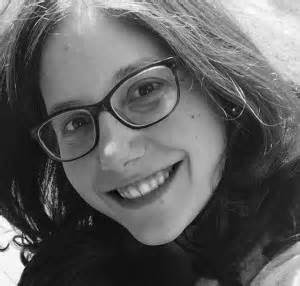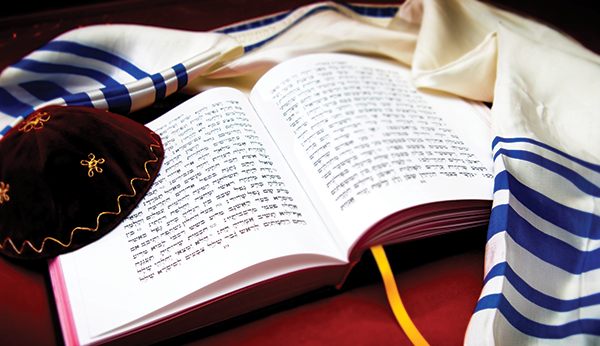Giving Gifts of Free Will
As the Torah continues the Israelites’ dramatic, people-building saga, Parashat T’rumah approaches the story from a new angle. Instead of developing the literary adventures of a no-longer-nascent people or focusing on the striking events at Mt. Sinai, this week’s Torah portion is about the details. And these details are not the specifics of community-building or daily life. Rather, they concern, in painstaking minutiae, the construction of the Tabernacle. This is a parashah about holiness, and in the case of Parashat T’rumah, the holiness is in the details.



